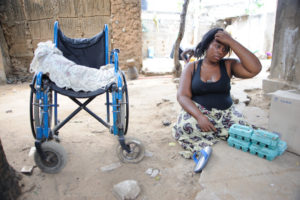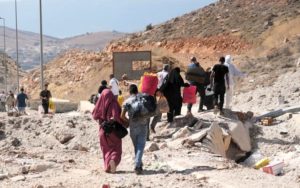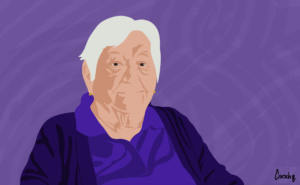Article originally in Italian by Giuliano Battiston, freelance journalist and researcher. Published by Istituto per gli Studi di Politica Internazionale (ISPI), Milan, on 14 August 2023. Translated, revised and re-posted with permission. All pictures are by Giuliano Battiston.
Two years after the capture of Kabul, the Emirate is strong but crucial issues, including internal repression, affect its international legitimacy.
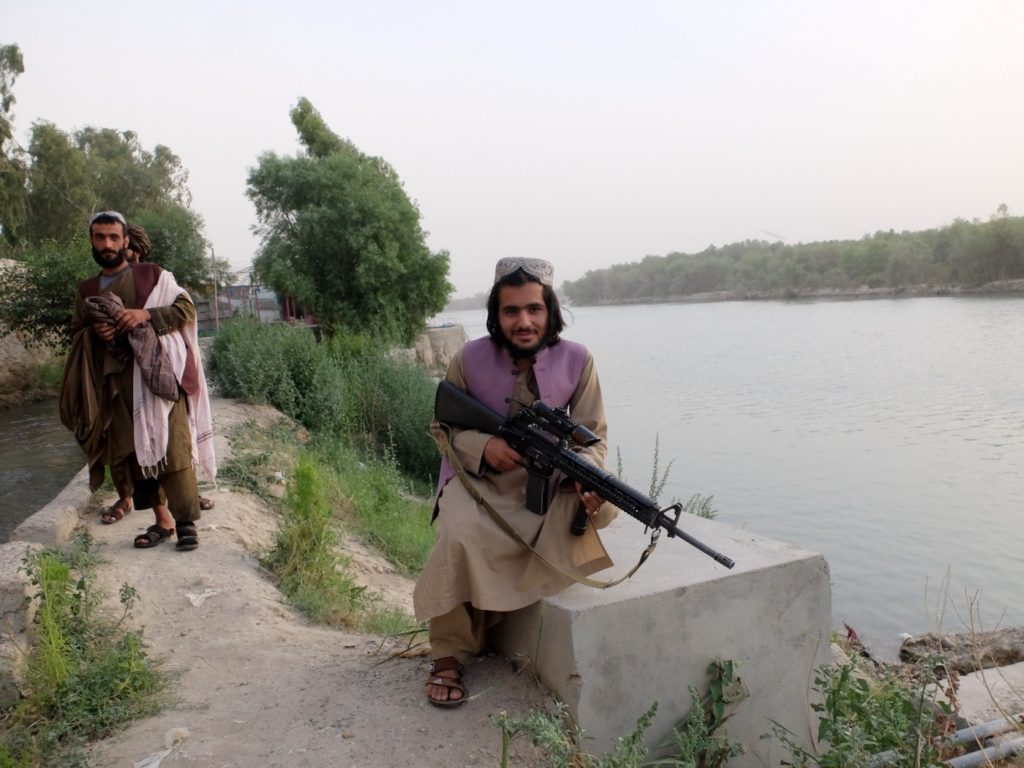
Two years after the Taliban return to Kabul, the effects of the earthquake triggered by the fall of the Islamic Republic continue to affect every sector of Afghan life. An institutional, political and social transition is underway but some trends are already clear. The humanitarian crisis deepens, there is limited space for human rights, gender apartheid intensifies, diplomacy is stalemated. An urgent balance sheet is in order.
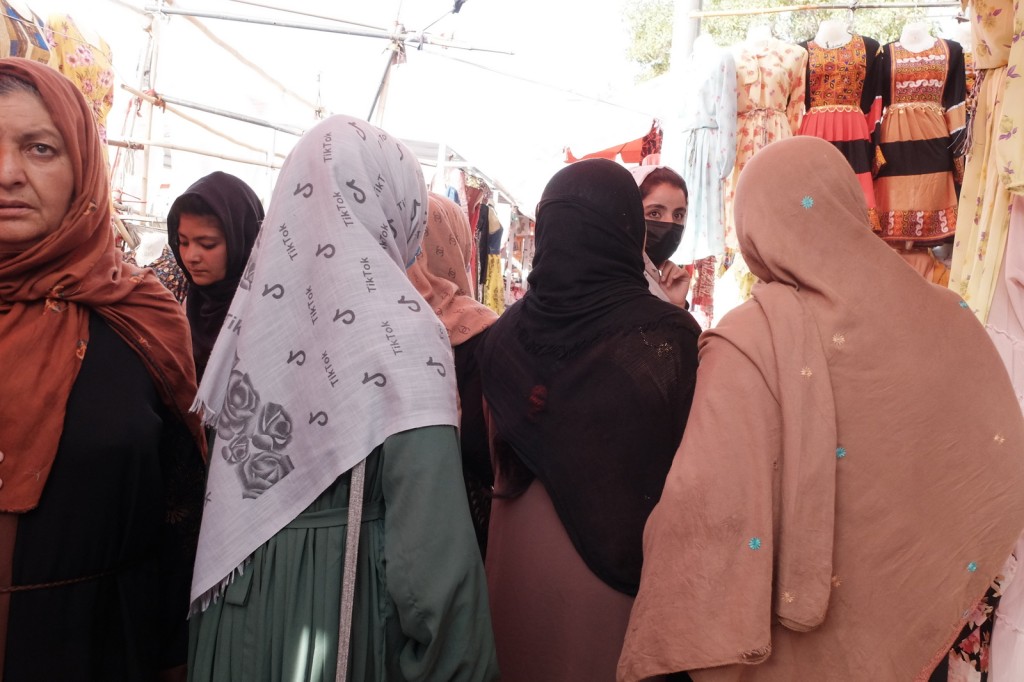
From the perspective of the Taliban, there are many positives: the Islamic Emirate of Afghanistan (IEA) has no official recognition, suffers sanctions, isolation and internal tensions but it is holding the line and, for regional actors, it is, currently, the least risky option. For Euro-Atlantic diplomacy, the balance is negative: demands to the Taliban – inclusive government, respect for rights, counter-terrorism – remain largely unchanged. On the first two points, the Islamists contradict all expectations, violating the entire international regulatory framework. Afghans are barely surviving but resistance has been crushed. They are caught on the one hand, between the authoritarian policies of the de facto authorities, gender apartheid and the repression of dissent; on the other, they are confronted with the disinterest and silence of the international community. To get out of the impasse, a courageous diplomacy of small steps is needed, behind the scenes, in search of the least worst option. The alternative – diplomatic disengagement in the name of respect for human rights – would further isolate the country and bring the de facto authorities to even more autarkic and repressive positions.
The Islamic Emirate holds the line
The radical and abrupt regime change in the summer 2021 did not lead to institutional collapse or paralysis. There is still no clear direction on the architecture of state powers and a clear division between the Taliban movement, with its influence groups and territorial fiefdoms, and the Emirate, with its ministerial and administrative articulations. But the Taliban are holding the line, as Antonio Giustozzi explains in his analysis for ISPI. The latest report by the UN Analytical Support and Sanctions Monitoring unit predicts that divisions between Taliban factions will progressively weaken the regime and that the façade of unity will break into armed clashes within 12-24 months. In the past, the demise of the Taliban has often been predicted; such predictions seem premature for now. Meanwhile, the Emirate is financially stronger than expected and has achieved a level of self-sufficiency that allows it to “manage a low-capacity state and withstand the pressure of aid conditionalities and sanctions”. It can “survive without being cornered“, continuing to have its own survival as its primary objective.
Internal cohesion, sovereignty, education
The Emirate remains strong. The Taliban transition from guerrilla movement to a political-institutional power has not produced irreconcilable fractures or the implosion of the movement. Centrifugal forces have been held back by the distribution of resources and the ability of the supreme leader, Haibatullah Akhundzada, to manipulate and strengthen his position in Kandahar, far from line ministries in Kabul, as Giustozzi explains. The ongoing consolidation of power could, in the near future, also concern foreign affairs and lead to more radical, but less erratic and unpredictable policies for the international community. For some observers, internal cohesion – the factor that has ensured political longevity and victory on the battlefield – is the most important immediate objective of the Taliban, even outranking official recognition of the IEA. In addition to sabotaging plans for rapprochement with the West, pursued by the pragmatic component of the Taliban, the discriminatory policies towards women adopted by leader Haibatullah Akhundaza should also be understood in this context. While these policies divide senior Emirate leaders, they legitimize the supreme leadership and keep medium-low level militants united around the presumption of a “true Islamic system”. This reduces the haemorrhage towards other radical Islamic groups and facilitates the transition from a fighting jihad to a governance jihad which no longer has a recognizable enemy.
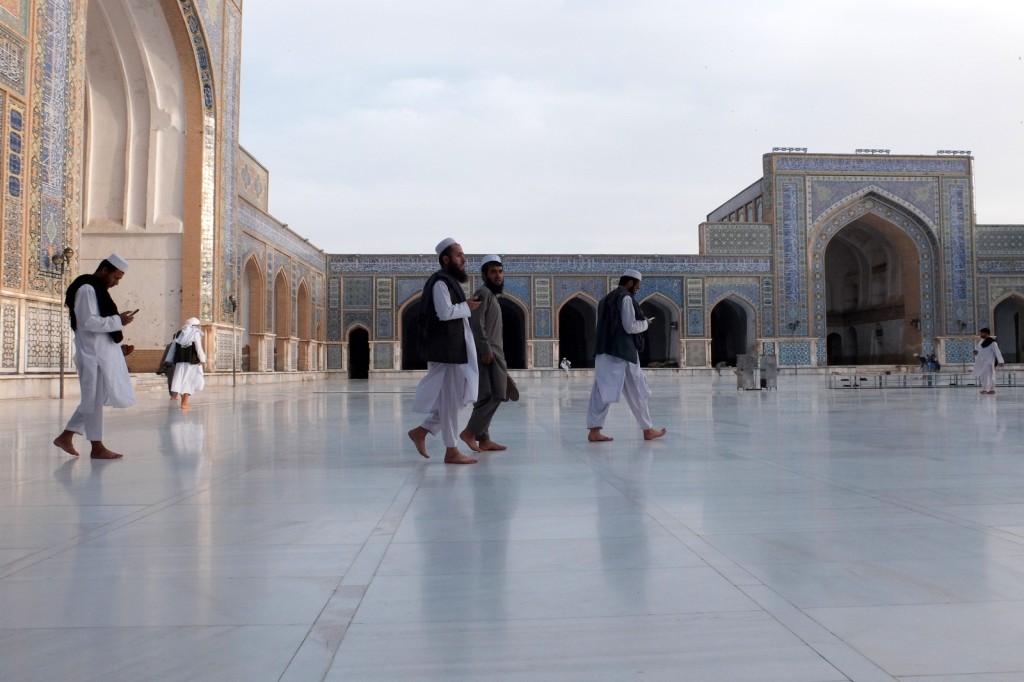
Moreover, some IEA choices are dictated by a mix of ideology, pragmatic interests, and sovereignty claims. For the Taliban leadership, the return to power, after twenty years of insurgency against a government seen as subservient to foreigners, coincides with the duty to put the country on an Islamist track after the liberal and failed, wayward Western episode. For the ultra-Orthodox, gender apartheid policies are corrective measures. They serve to purify society, to heal it, after twenty years of cultural poison injected through the military occupation and its related set of values and social models. “The negative aspects of the last 20 years of occupation related to women’s hijab and bad governance will soon end,” Haibatullah Akhundzada said on June 25, 2023 in his speech celebrating the Eid-ul-Adha holiday. It is only through such corrective measures that “the independence of Afghanistan has been restored again, brotherhood and national unity strengthened.”
The gradual overhaul of the education system, and its remodeling according to the values of the Emirate, must also be understood in the context of the Supreme Leader’s framework. As has been well summarized, for the Taliban a real “war of thoughts” is being played out on education. This war was already underway when they were fighting against the Islamic Republic, but today they are able to lay the foundations to enjoy, in addition to the monopoly of violence, a monopoly on education. Hence, a “constant process of Talibanization, theocratization and instrumentalization” of education that reflects a fekri jagra, or “war of thoughts” that punishes girls and women. “The full ban on women in higher education – and on girls’ education beyond sixth grade – is rupturing the continuity, sustainability and meaning of all remaining education, at any level.”
Gender-based persecution, humanitarian, and human rights crisis
According to the Strategic Framework for Afghanistan 2023–2025 issued by the UN on 3 July 2023, Afghanistan is “in the midst of a crisis on an unprecedented scale”. This multifaceted crisis has its roots in the Islamic Republic and is radicalized by the restoration of the Emirate. The Republic was a rentier state, whose public spending depended mostly on foreign aid. With the arrival of the Taliban, the external reserves of the Central Bank were frozen and development aid was terminated. Only humanitarian aid, which was well below what was needed and is now decreasing, remains. The UN’s ability to provide assistance to the population is conditioned by external factors, “in particular by the actions of the de facto authorities and the support of donor countries”. The de facto authorities have banned women from working in non-governmental organizations as well as in the UN and intensify interference in the aid ecosystem. Donor countries are, it seems, pulling the oars into the boat and drifting.
In March 2023, the United Nations Office for the Coordination of Humanitarian Affairs (OCHA) drew up a Humanitarian Response Plan for 2023 that requested 4.6 billion US dollars for 2023 to assist 23.7 million at-risk Afghans (out of a population of40 million). On June 5, acknowledging donors’ reluctance to provide aid following the Taliban decision to ban Afghan women from working for the UN, the figure was reduced to $3.2 billion. In its latest report, the U.S. Special Inspector General for Afghanistan Reconstruction (SIGAR) noted that “this reduction in funding of more than $1.3 billion represents a cut of almost 30%”. According to the UN, this cut will lead to a further contraction of the economy. At the same time, donor countries are less inclined to help: as of end August 2023, the UN Humanitarian Response Plan was only 26% funded. The World Food Programme (WFP) estimates that 15.3 million people will face acute food insecurity between now and October 2023. Of these, about 3 million are on the verge of starvation. In April, WFP was forced to cut emergency food assistance to eight million people due to severe funding shortages, and further cuts may be needed.
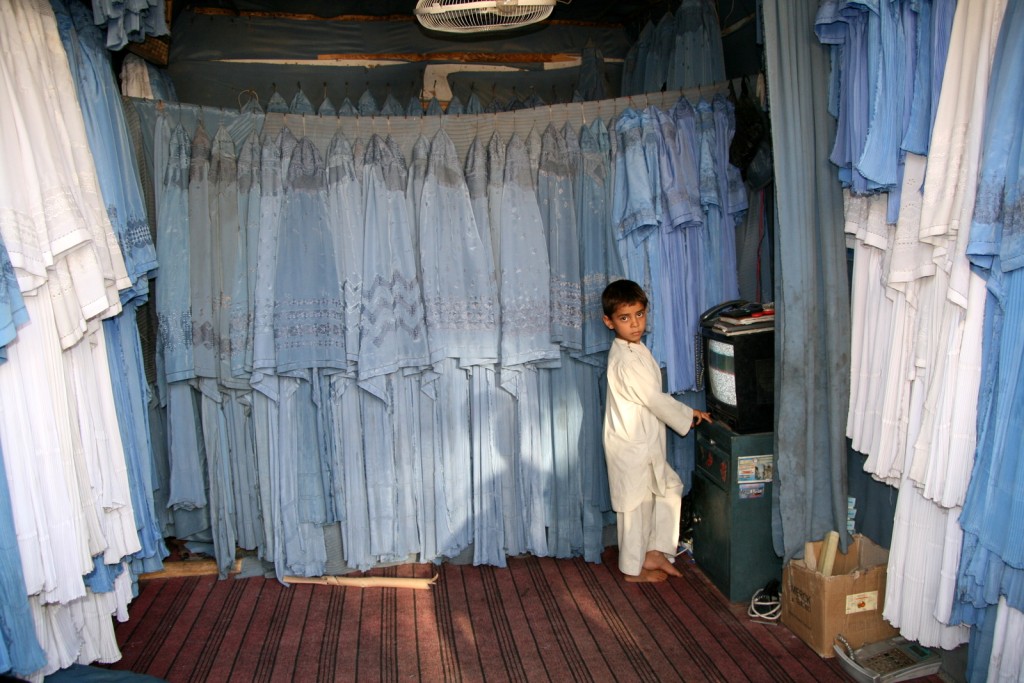
The humanitarian and human rights crisis are interlinked. “Under Taliban rule, the Afghan people are experiencing a humanitarian and human rights nightmare,” said Fereshta Abbasi, Afghanistan researcher at Human Rights Watch. The list of discriminatory policies against women is long and covers every area of women’s public life. According to the Special Rapporteur for Human Rights in Afghanistan, Richard Bennett, “Grave, systematic and institutionalized discrimination against women and girls is at the heart of Taliban ideology and rule, which also gives rise to concerns that they may be responsible for gender apartheid”. This is tantamount to persecution based on gender, a crime against humanity according to the Rome Statute of the International Criminal Court. According to a Tweet by Shaharzad Akbar, former head of the Afghanistan Independent Human Rights Commission, now dismantled by the Taliban, and director of the Rawadari Association, “the Taliban have turned Afghanistan into a mass graveyard of the ambitions, dreams and potential of Afghan women and girls.” Some of the Emirate’s policies have had a heavy impact not only on women but on the UN’s own ability to provide assistance, raising questions and debates about humanitarian principles and creating practical obstacles for operations that require female personnel to reach women and girls, especially in rural areas. The ban announced in April 2023, which forbids women to work with local and international non-governmental organizations, as well as the UN (exemptions concern the health and education sectors) is particularly relevant in this connection. As Human Rights Watch notes in its latest report issued on 10 August 2023, this ban “has seriously damaged women’s livelihoods, since it is impossible to determine whether women are receiving assistance if they are not involved in distribution and monitoring processes.” Over time, therefore, difficulties have grown for UN agencies and non-governmental organizations which are caught between two seemingly irreconcilable responsibilities: “to maintain aid to those who need it most and at the same time to pressure the Taliban to end their terrible human rights violations“. Gender-based persecution remains one of the most blatant attacks on the UN Charter and the international normative system.
What diplomacy?
Afghan society resists but suffers. Accustomed to political-institutional regime changes, Afghans are taking the measure of the new dispensations. At the local level, in some cases, civil society actors manage to influence decisions. Where possible, Afghans boldly demonstrate. But, for the most part, Afghans remain crushed by the weight of the humanitarian crisis and the lack of courage and political creativity of Euro-Atlantic diplomacy which after making so many promises now appears to be stalled. The fact that the country is ruled by the Taliban, some of whom are under sanctions for terrorism, impacts Afghan institutions; this makes it difficult to establish normal relations. But this does not preclude the possibility of a closer and politically mature dialogue.
In Washington, the Afghanistan issue is a political battleground, all the more so as the Presidential election approaches. There are deep divisions on the balance sheet of two decades of armed conflict coupled with responsibility for the withdrawal and its consequences. Cautious pragmatism rules, as demonstrated by the July meeting in Doha between the Special Representative for Afghanistan, Thomas West, and representatives of the Emirate. The intention to continue to use economic leverage and recognition to obtain concessions seems firm even if this is a formula that does not seem to produce significant results. The United States – as SIGAR notes in its sixtieth report to Congress issued on 30 July – remains “the main donor to the Afghan people, having allocated more than USD 2.35 billion since the Taliban seized power in August 2021”.
While the relationship between the Taliban and the countries of the region is marked by pure opportunism, that with the Euro-Atlantic diplomatic community is shaped by two factors. The recent history of a bloody military and political conflict, whose legacy will last for a long time to come; and the internal divisions on both the Taliban and Euro-Atlantic fronts. Antonio Giustozzi wrote precisely of the first in his piece for ISPI. Andrew Watkins provided an effective summary of the second in an article for the United States Institute for Peace in which he underlines the inconsistency of the messages sent to the Taliban from outside. On 5 June, the UN Sanctions Monitoring Group released its annual report on the Taliban, highlighting, in addition to what it calls symbiotic Taliban links with Al Qaeda, the infighting within the movement which is dismissed as propaganda by the Islamists. On 19 June, UN Special Rapporteur Richard Bennett presented his latest report, in which, as noted above, he defines Taliban policies as gender apartheid and suggests these could amount to crimes against humanity. On the same day, SIGAR published a report that the Taliban also branded as “propaganda.” On 21 June, the head of the UN Mission in Afghanistan, Rosa Otunbayeva, briefed the UN Security Council. While criticizing the Taliban’s gender policies, she deplored the lack of attention to the “positive results” obtained by their government. In May, after a trip to Afghanistan, Amina Mohammed, UN Deputy Secretary-General, noted that a conference to be held in Doha was an opportunity to “find those small steps to get back on the road to recognition” of the Emirate. On 3 July, it was President Joe Biden who implicitly stated that the Taliban are helping to eliminate the threat of Al-Qaeda from Afghanistan.
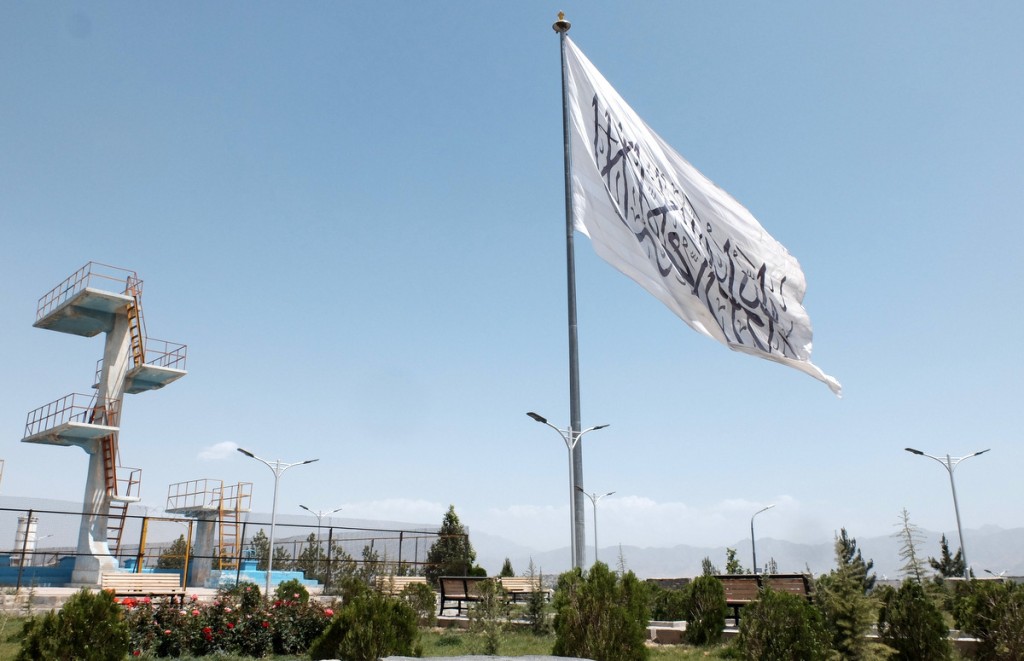
What does the West want, the Taliban ask? Is the West inherently hostile to the project of establishing a true Islamic society, as Habaitullah claims, or is it an interlocutor with whom discussions are possible, as the pragmatists suggest? Why does it not recognize the sovereignty of the Emirate? For the Taliban, as some observers have noted, the sovereignty of the new regime is in fact “a right that the international community is denying them, not an element of a list of demands to be negotiated.” Most Taliban officials “seem to believe that they are not treated in a fair, just and respectful way by the international community.” And the regime exploits the lack of a common approach. According to the latest report by the UN Analytical Support and Sanctions Monitoring Team, the Emirate has also strengthened because there is no internationally agreed multilateral strategy on how to deal with the Taliban or, indeed, pursue common goals. So uncertain is the course that there is no consensus even on how to interpret the policies adopted so far: for some, they are too soft; for others, unnecessarily rigid.
Further isolation of Afghanistan must be avoided
An exemplary case on which divisions are clear is the question of the assets of the Afghan Central Bank: 7 billion US dollars of Afghan reserves deposited at the Federal Reserve of New York were unilaterally confiscated by President Biden’s executive order of February 2022, while another 2.5 billion US dollars are frozen in other banks, mostly in Europe. The Central Bank of Afghanistan (DAB), was thus cut off from the international banking system, causing a liquidity crisis and a shortage of banknotes and unable to deliver on its macro-economic responsibilities. On 14 September 2022, Washington announced the creation of a US $3.5 billion Afghan Fund in Switzerland, half of the amount confiscated in the United States, with the aim of “protecting and disbursing assets for the benefit of the Afghan people,” including to stabilize the exchange rate and prices in Afghanistan. On 26 June, as the Fund’s board met for the third time, the NGO United Against Inhumanity (UAI) issued a statement calling for the “urgent recapitalization of the DAB”, stressing that the “seized foreign reserves are owned by the Afghan people”. According to UAI the, “freezing of the country’s sovereign reserves, a critical factor in crashing the economy and the banking sector, is tantamount to economic warfare” and is the result of deliberate “vindictive policies” by the US and its allies. Behind these decisions one can see the difficulty on the part of the Americans and their allies to deal with military defeat. “Recapitalizing the DAB is the only ethical, moral, and realistic option to ensure the survival and the future of millions of at-risk Afghans” says UAI.
UAI’s stance is a position to which some respond with scepticism. That money, sceptics argue, would only consolidate the power of the Taliban and consequently their repressive policies. Norah Niland, co-founder of UAI with long experience of working in Afghanistan, including as Director of UNAMA’s human rights programme and as Representative of the UN High Commissioner for Human Rights, stresses to ISPI that the real question is not whether that money would end up in the pockets of the Taliban, but why we consider it “acceptable to deliberately starve people because we do not agree with the de facto authorities”. The basic needs of the population cannot be met, she argues, because humanitarian aid is never a substitute for a functioning economy. And to get the economy working the Taliban and the West need to talk to each other again.
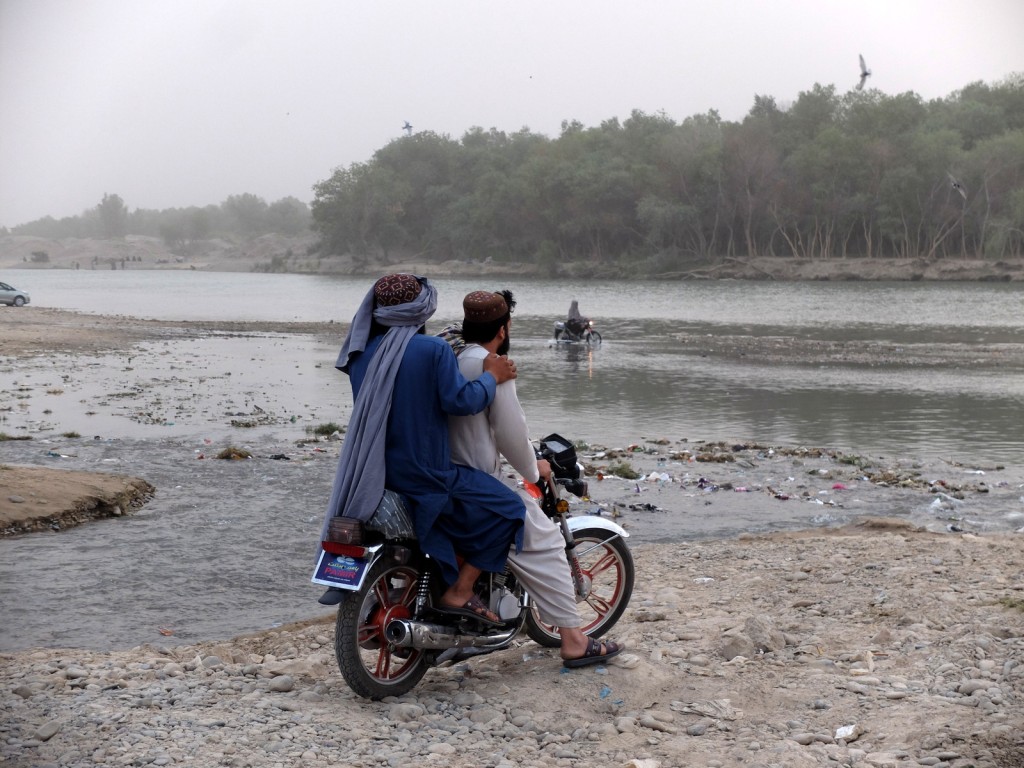
A part of the Afghan diaspora disagrees with this argument: not only should the Emirate not be recognized, neither should there be dialogue with it. They fear this risks the normalization of the regime and gender apartheid. Sediqa Moshtaq, a women’s rights activist who was forced to leave the country tells ISPI that the contraction of human rights and the violation of women’s rights is such that it denies the usefulness and legitimacy of any dialogue. Instead of building new diplomatic channels, bridges should be cut. “Without real reforms and respect for all fundamental freedoms the Taliban are not worthy of legitimacy. Until human rights are respected, the world will have to increase pressure, not negotiations.” Given “their refusal to meet global demands for inclusion, the international community must condemn them and cut ties with them.”
The Taliban’s claim to have brought security and stability to the country does not stand the test of facts, Moshtaq argues in an interview with ISPI. “The denial of human rights and fundamental freedoms for women and minorities, the arrest, torture and killing of former government military and state employees of Afghanistan means that the Taliban have failed to ensure real stability and security.” Instead of more dialogue, more “targeted and intelligent” sanctions, “political and economic pressures”, monitoring of respect for rights, including through the strengthening of “truly independent” civil society, are needed she maintains.
For Antonio Donini, co-founder of UAI, “talking does not mean recognising the regime not to mention accepting the repressive policies of the Taliban towards minorities, women and girls.” It is essential, Donini argues, to avoid further isolation, the consequences of which are most detrimental for those who are most at-risk and that those who refute negotiations claim to defend: “In countries in crisis it is important to keep an open door, especially for humanitarian aid and to reach those who suffer the most.” These views are similar to those expressed by a part of Afghan civil society resident in the country. Concerned about the lack of interest and the apparent financial fatigue of the international community, thousands of female civil society activists have addressed a statement to the UN in which they claim that the international community has a moral obligation to prevent further suffering.
In the current impasse a step change is necessary. Since the Taliban’s seizure of power in August 2021, as has been noted “the international community’s dominant mode of engagement with the new rulers of Afghanistan has been one of pressure and leverage.” This approach has “rested on the widely held assumption, among experts and diplomats alike, that the Taliban regime could not survive without engaging with the international community.” Two years after taking power, that assumption appears to be wrong; it results in an “ineffective and counterproductive” approach. Continuing on the same route therefore risks deepening the “diplomatic deadlock and, by playing into the hands of the hardliners, further push the regime toward isolation and radicalization while complicating human rights monitoring”. Getting out of the impasse is urgent. To do this, what is needed is a diplomacy of small steps, behind the scenes, constant and politically courageous, in search of the least worst option, and one that best protects the rights and meets the needs of the Afghan population. The alternative – diplomatic disengagement in the name of respect for human rights – is a contradiction in terms and would further isolate the country. It would push the de facto authorities towards even more autarchic positions and an expansion of internal repression.
